Unsurprisingly, some individuals attempt to game the system in a world where insurance claims are as common as the air we breathe. Insurance fraud is a serious issue that costs companies billions and impacts honest policyholders. However, identifying fraudulent activities isn’t always straightforward. It requires a keen eye and an understanding of the red flags that may indicate foul play. So, do you suspect insurance fraud? Here’s what to look for, particularly in cases of insurance fraud investigations in Virginia.

1. Suspicious Claims Patterns
One of the telltale signs of potential insurance fraud is a pattern of suspicious claims. This could involve an individual filing multiple claims within a short period, especially if those claims are similar in nature. For instance, someone might report several accidents or incidents of damage that seem too frequent to be coincidental. Keep an eye out for these patterns, as they could signal a larger scheme at play.
2. Inconsistent Details
When investigating a claim, pay close attention to the details provided by the claimant. Inconsistencies in their story or discrepancies between their statements and the evidence can raise significant red flags. For example, conflicting accounts of how an incident occurred, or discrepancies in the timeline of events may indicate dishonesty. Don’t overlook these inconsistencies, as they could be key indicators of potential fraud.
3. Unusual Behavior
Fraudsters often exhibit unusual behavior when filing a claim or interacting with insurance representatives. This could include being overly eager to settle quickly, refusing to provide additional documentation or evidence, or becoming defensive when questioned about the validity of their claim. Trust your instincts—if something feels off about a claimant’s behavior, it’s worth investigating further.
4. Exaggerated Injuries or Losses
Another common tactic used in insurance fraud is exaggerating the extent of injuries or losses suffered. Fraudsters may claim to have sustained severe injuries or incurred significant financial losses to inflate their claim amount. Look for inconsistencies between the reported injuries or damages and the evidence available, such as medical records or repair estimates. Keep in mind that legitimate claims may also involve injuries or losses, so it’s essential to carefully evaluate the evidence before drawing conclusions.
5. Collusion or Conspiracy
In some cases, insurance fraud may involve collusion or conspiracy between multiple parties, which could include staged accidents, fake injuries, or false witness statements designed to support fraudulent claims. If you suspect collusion or conspiracy, gathering as much evidence as possible to substantiate your suspicions is crucial, which may involve conducting interviews, reviewing surveillance footage, or working with law enforcement agencies to uncover the truth.
6. Previous Fraudulent Activity
Past behavior is often a predictor of future actions. If an individual has a history of filing fraudulent insurance claims or engaging in other dishonest activities, they may be more likely to commit fraud again in the future. Conducting background checks and reviewing previous claim history can help identify individuals with a propensity for fraudulent behavior.
7. Unexplained Lifestyle Changes
Keep an eye out for claimants who exhibit sudden or unexplained lifestyle changes following the filing of an insurance claim. This could include purchasing expensive items, taking extravagant vacations, or displaying signs of newfound wealth. While not definitive proof of fraud, these lifestyle changes may warrant further investigation to determine the source of the funds.
Conclusion: Vigilance is Key
Investigating insurance fraud demands a keen eye for detail and a healthy dose of skepticism, especially when conducting insurance fraud investigations in Virginia. By being vigilant and paying attention to the red flags outlined above, you can help identify and prevent fraudulent activities that cost insurance companies and policyholders billions each year. Remember, spotting insurance fraud isn’t just about protecting the bottom line—it’s about upholding honesty and integrity within the insurance industry. So, the next time you suspect foul play, trust The Agency Inc. and don’t hesitate to investigate further.Top of Form

Leave a Reply
You must be logged in to post a comment.